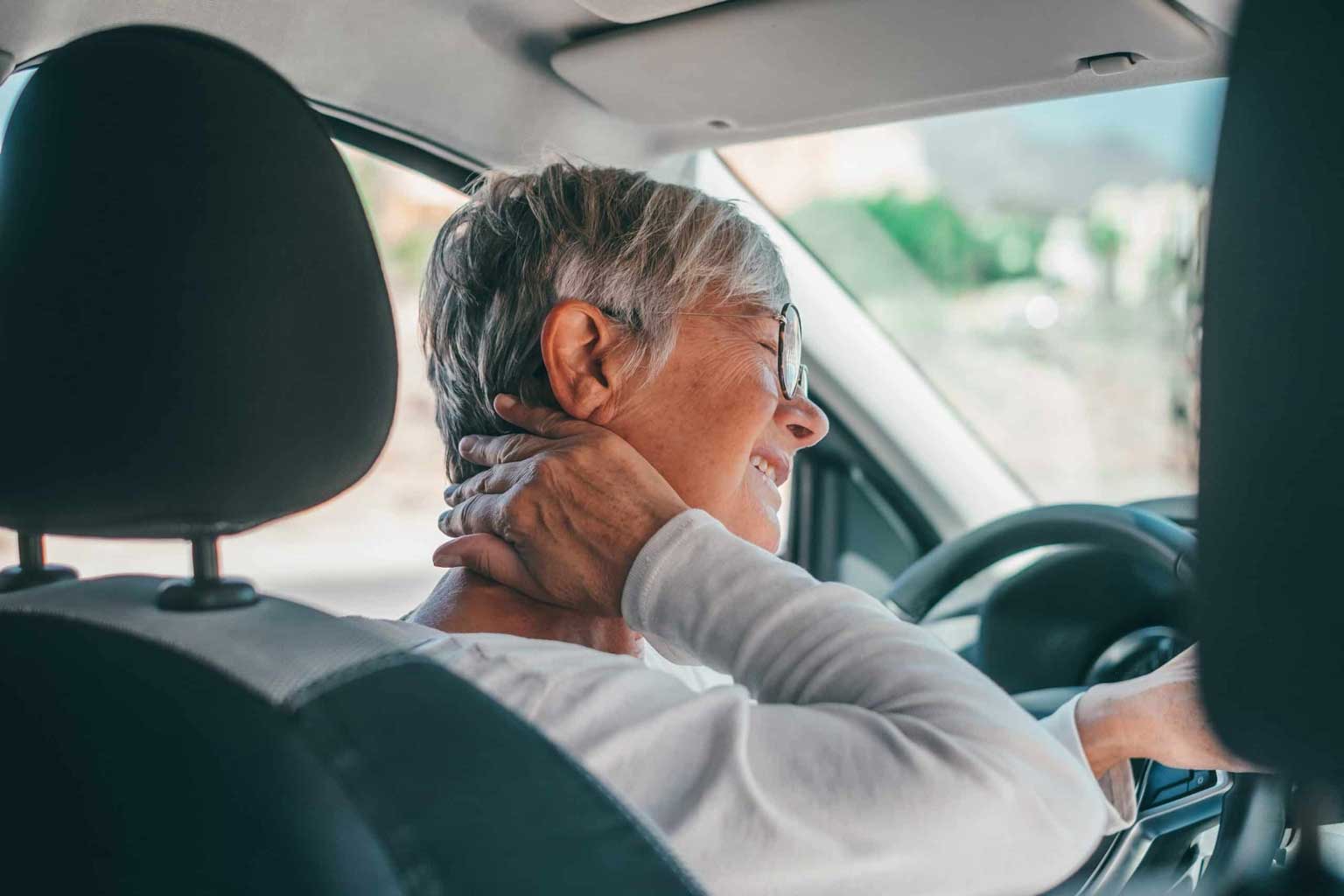How To Alleviate Car Accident Pain: Essential Steps For Recovery
15
Sep
2023
Car accidents can be traumatic events that not only damage vehicles but also have a significant impact on your physical and emotional well-being. One of the most immediate and common effects of a car accident is pain. Whether it's from minor aches and soreness or more severe injuries, it's crucial to address and alleviate car accident pain to ensure a smooth recovery. In this blog, we'll explore essential steps for effectively managing and reducing pain after a car accident.
If you've been in a car accident and are experiencing pain or injuries, seek the expert care and support you need at Hill Regional Hospital. Don't delay; call us today at 254-580-8500 to schedule an appointment.
Seek Immediate Medical Attention
After a car accident, your safety and health should be the top priority. Even if you feel your injuries are minimal, it is critical that you get medical assistance right away. Some injuries, such as whiplash or internal injuries, may not manifest symptoms right away but can cause significant pain and complications later on. A medical evaluation will help identify any hidden injuries and initiate the appropriate treatment.
Follow Medical Advice
Once you've received a medical evaluation, follow your healthcare provider's advice and recommendations. This may include medication, physical therapy, or referrals to specialists. Adhering to your treatment plan is crucial for managing pain and promoting a speedy recovery.
Rest and Allow Your Body to Heal
Rest is an essential part of the healing process. Allow your body the time it requires to recuperate. Avoid strenuous activities and movements that can worsen your injuries. Adequate rest not only helps reduce pain but also accelerates the healing process.

Manage Pain with Medication
Your healthcare provider may prescribe pain medication to alleviate your discomfort. Follow the prescribed dosage and instructions carefully. Over-the-counter pain relievers can also be helpful for managing minor aches and pains, but consult your healthcare provider before using them, especially if you are taking other medications.
Physical Therapy and Rehabilitation
Physical therapy is often recommended to improve mobility, reduce pain, and enhance the healing process. A skilled physical therapist can create a customized plan to address your specific injuries and help you regain strength and flexibility.
Heat and Cold Therapy
Heat and cold therapy can provide relief for muscle pain and inflammation. Cold packs can reduce swelling, while heat packs can relax tense muscles. Consult your healthcare provider or physical therapist for guidance on the best approach for your injuries.
Stay Hydrated and Eat Nutritious Foods
Proper nutrition and hydration are essential for healing and reducing inflammation. Consume a balanced diet rich in vitamins and minerals to support your body's recovery. Staying hydrated aids in the transportation of nutrients to injured tissues.
Gentle Exercises
Depending on your injuries, your healthcare provider may recommend gentle exercises to prevent stiffness and promote circulation. These exercises can include stretching and low-impact movements. Always follow your provider's guidance to avoid exacerbating your injuries.

Mind-Body Techniques
Pain management isn't just physical; it's also mental. Mind-body techniques such as meditation, deep breathing exercises, and relaxation methods can help reduce stress and improve your pain tolerance.
Legal and Insurance Considerations
Car accidents often involve legal and insurance aspects. Consult with an experienced attorney if you believe you may be entitled to compensation for your injuries. A legal professional can help you navigate the process and ensure you receive the necessary support for your recovery.
Car accidents can lead to physical pain and emotional distress, but taking the right steps can help you alleviate that pain and support your recovery. Remember to prioritize your health by seeking immediate medical attention, adhering to your treatment plan, and following the guidance of your healthcare providers. With proper care, rest, and patience, you can overcome car accident pain and embark on the path to a full and healthy recovery.